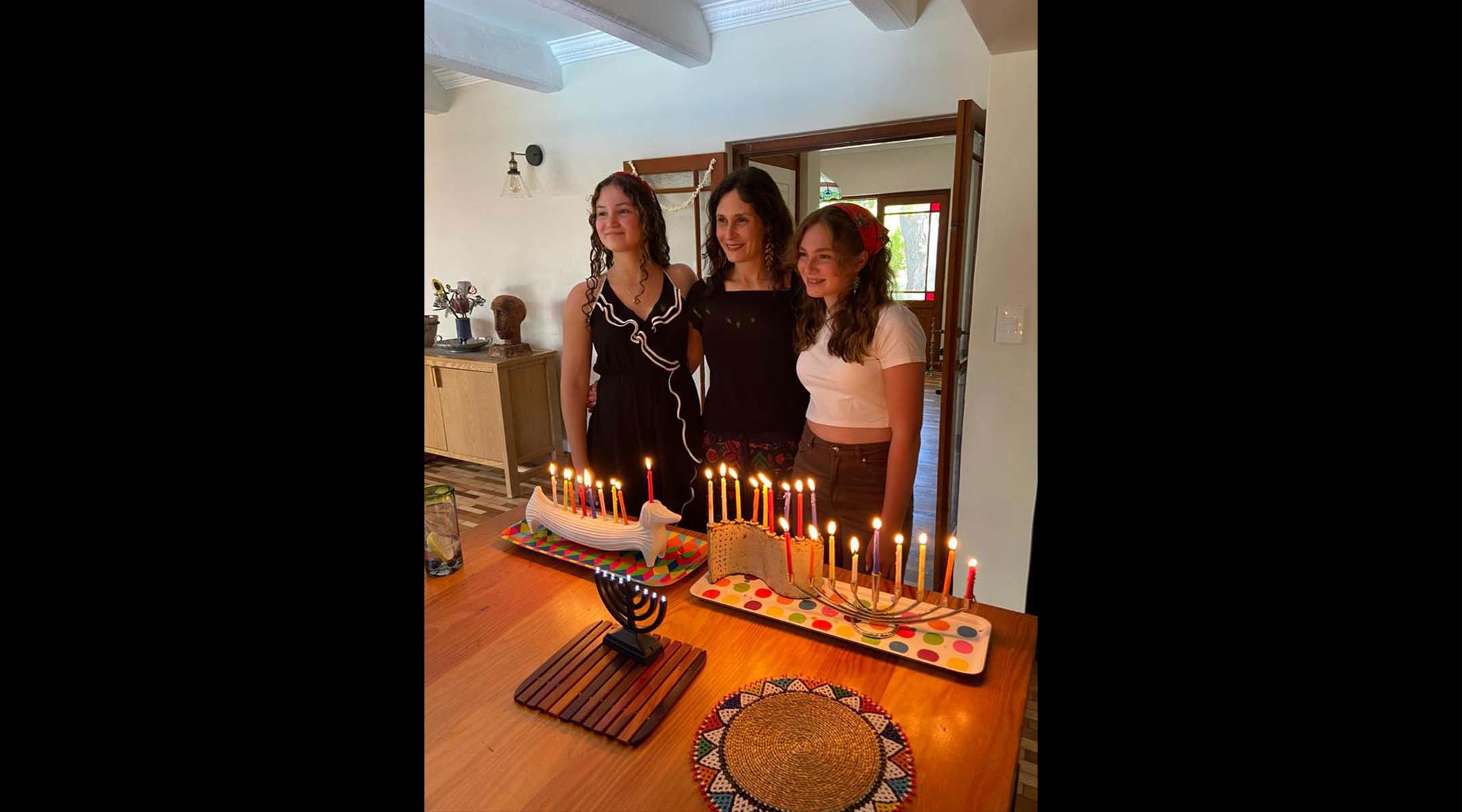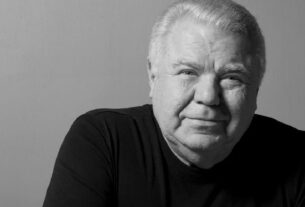This article was produced as part of JR’s Teen Journalism Fellowship, a program that works with Jewish teens around the world to report on issues that affect their lives.
(JR) — The table is set. The candles are lit. The round challah is sliced and my family and I dip our apples in honey, exclaiming “Shanah Tovah.”
From the outside it may look like any other Rosh Hashanah but it definitely feels different to me.
The apples aren’t fresh from the orchard like they have been for the past 15 years. In fact it isn’t apple season at all. It’s early spring here in South Africa. The bare trees echo a sense of emptiness in me as I think back to the plentiful Rosh Hashanah suppers I always associated with the harvest season until I moved to the southern hemisphere in 2022.
I was born in Manhattan and raised by South African parents in Stamford, Connecticut until age 15, when we moved to Cape Town, South Africa. That was two Julys ago, right after I completed my first year of high school in Norwalk, Connecticut. Basically my whole world turned upside down, including my experience of being Jewish.
In my multi-faith family (Christian dad, Jewish mom), our traditions and celebrations define my Jewishness. Observing the major Jewish holidays has always brought my family together, even through the toughest of times. However, holding on to the way we did them before is near impossible since our move, mainly because of the change in seasons between hemispheres.
I never realized how much of an impact the four seasons had on the other areas of life, especially the holidays. It completely threw our usual traditions off balance, making my Jewishness difficult to navigate.
The author and her dad on vacation in Hermanus, South Africa shortly after her family moved to the country from Connecticut. (Nicola Nieburg)
Growing up in Connecticut, it just made sense having wintry, candlelit Hanukkahs. In Cape Town, why sit around candles when you could be at the beach? Getting used to the flipped seasons felt so unnatural to my family and me and was probably one of the most unexpected differences we encountered (think Chrismukkah in July).
Many people don’t think about the fact that the Torah seems to have been written from a Northern Hemisphere — never mind Middle Eastern — perspective. For example, the Jews fled from Pharaoh in the spring and many Passover traditions are centered around rebirth and springtime, with symbols like parsley and eggs. In South Africa, we do our seder in the fall. It just feels weird.
Fall is the season of harvest and rejuvenation, which seems to fit with the ideals of Rosh Hashanah better than Passover, the celebration of freedom and new life. In the U.S., my family would pick apples every Jewish New Year. Over here, forget apples — the summer fruits are starting to ripen and I feel like a fish trying to ride a bicycle! It’s hard to celebrate when my heart pangs for what’s familiar. As long as I can remember, our own unique Jewish customs have been embedded into my life and now, suddenly without them, I find myself questioning what exactly we are celebrating. The holidays don’t seem as significant because they just don’t resonate as much with me anymore.
My family has also struggled to find the same sense of Jewish community we felt in the U.S. Cape Town’s Jewish community is tiny compared to the one in Stamford, and the vast majority of Capetownians aren’t familiar with Judaism as I’ve experienced it. According to the Institute for Jewish Policy Research, the Jewish community accounts for a mere 0.12% of the South African population.
I also sense less pluralism when it comes to one’s expression of Judaism than what I was accustomed to living in the liberal Northeast. Most people are either reform or “orthodox.” (There is no Conservative here. Orthodox runs the gamut from Conservative to frum.)
Our family has always kind of done our own thing since my dad is Christian but we still love celebrating our roots. And while we felt embraced and accepted marching to the beat of our own Jewish drum in America, I feel a little more unusual and isolated in how we do things here. It is not because Cape Town isn’t accepting of interfaith families, it’s just that it took us years to build up our “chosen people” in Connecticut, and we just haven’t got to that point here yet.
When we lived in the U.S. we had no family near us so we celebrated all the Jewish traditions with a colorful collection of friends who also didn’t have local family. Over here we have loads of Jewish family members, but apart from my maternal grandmother, many of them don’t even celebrate and the other half is not Jewish. So when we want to mark a holiday or a tradition, the onus falls on us to make it happen. So far we’ve hosted a Rosh Hashanah barbeque, a Rosh Hashanah potjie (traditional South African stew cooked over an open fire), a Yom Kippur potluck, Hanukkah/Christmas pool party and a seder. It’s also been hard to meet and make other Jewish friends here because there are sadly barely any Jewish families at secular schools, which has been my main way of meeting people.
Additionally, South Africa’s Jewish population is shrinking. Most Jews are focused on emigrating. According to a 2019 report done by the IJPR, 41% of Jewish adults over the age of 18 have plans to move abroad. We totally went against the grain by moving here.
However, on the upside, when you do find someone Jewish in Cape Town, chances are, because Jews are few and far between, your grandmothers were best friends or you’re actually related! In other words, you have an instant bond.
And while it’s been difficult rearranging my entire Jewish identity to a new climate, culture and different group of chosen people, the move has also allowed me to redefine my Jewish experience and create new, meaningful traditions. Now that I think about it, maybe I am looking forward to our next Hanukkah pool party. Because enjoying latkes from the comfort of a donut pool floatie takes the concept of celebrating with fried food to a whole new delicious level.




